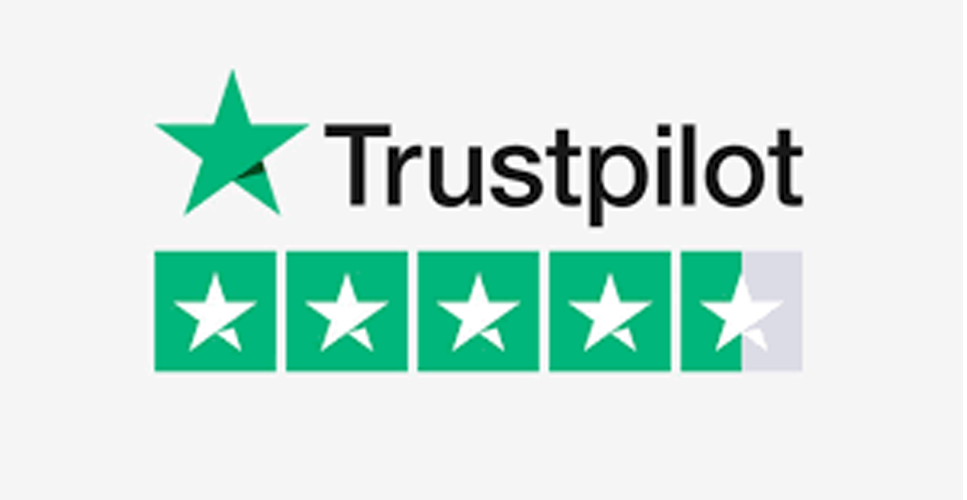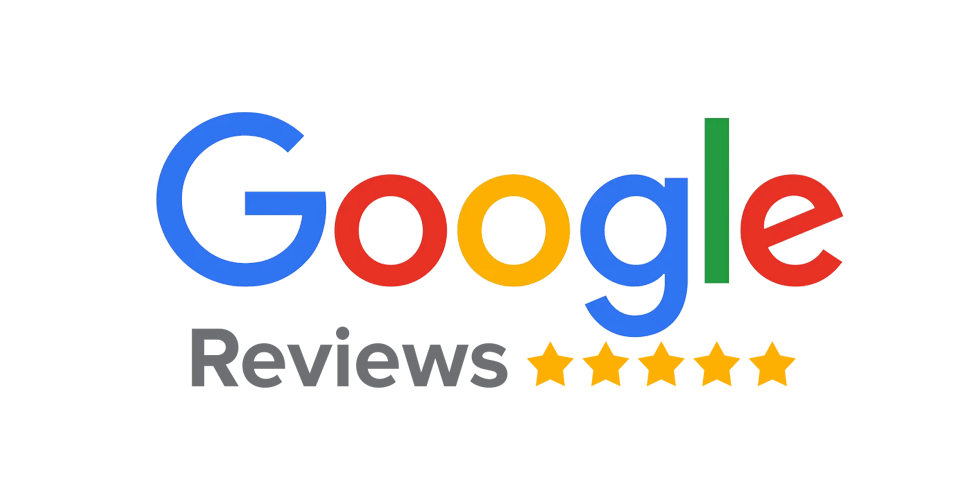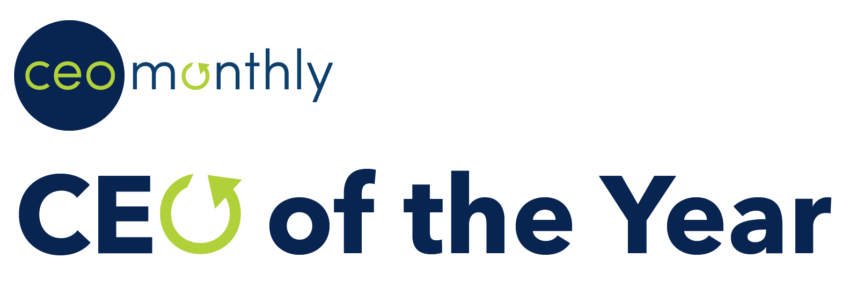9 Reasons Small Businesses Struggle to Convert Using Google Ads
In the realm of digital marketing, Google Ads stands out as a powerful tool for small businesses aiming to maximize their reach and conversion rates. However, many business owners encounter challenges when running Google Ads campaigns, leading to frustration and suboptimal results. Understanding the nuances of Google Ads and the reasons behind low conversion can empower marketers to refine their strategies and ultimately achieve greater success.

Understanding Google Ads and Conversion Rates
Google Ads is a prominent online advertising platform that allows businesses to create targeted ad campaigns using pay-per-click (PPC) strategies. By effectively leveraging keywords, advertisers can ensure their ads appear in relevant search results, driving traffic to their landing pages. However, the effectiveness of these ads hinges on a well-optimized Google Ads strategy that focuses on maximizing the click-through rate and improving conversion rates. Without a clear understanding of how Google Ads works, small businesses may struggle to convert their audience into paying customers.
What Makes Google Ads Effective?
The effectiveness of Google Ads lies in its ability to reach a targeted audience through precise keyword research and strategic bidding. Advertisers can utilize various match types, including broad match, to expand their reach and connect with potential customers searching for specific products or services. Additionally, the platform's machine learning capabilities allow for continuous optimization of ad copy and targeting, ensuring that ads resonate with the right demographics. When executed correctly, Google Ads can significantly boost brand awareness and facilitate higher conversion rates.
Conversion Rate: Definition and Importance
The conversion rate is a critical metric in digital marketing, representing the percentage of users who complete a desired action after clicking on an ad. This could range from making a purchase to signing up for a newsletter. Understanding the importance of conversion tracking within Google Ads is essential for small businesses aiming to evaluate their campaign performance. A low conversion rate may indicate issues with the landing page, ad copy, or overall targeting strategy, prompting business owners to reflect on their Google Ads campaigns and make necessary adjustments.
Common Misconceptions About Google Ads
Despite the potential benefits of using Google Ads, there are many misconceptions that can hinder small businesses from achieving success. One common belief is that simply running ads guarantees high conversion rates. In reality, effective advertising on Google requires ongoing optimization and a clear understanding of the target audience. Additionally, neglecting the importance of negative keywords can lead to wasted budget on irrelevant clicks. By addressing these misconceptions, small business owners can better navigate the Google Ads platform and develop more effective campaigns.

9 Reasons Your Google Ads Fail to Convert
1. Lack of Targeted Audience
One of the primary reasons your Google Ads may not convert is the absence of a clearly defined target audience. Without a specific demographic in mind, your ads might reach individuals who aren’t interested in your product or service. Effective keyword research and strategic segmentation are crucial in pinpointing your audience. By focusing on the right target audience, you can enhance your click-through rate and improve overall conversion rates.
2. Poor Ad Copy and Design
The quality of your ad copy and design directly impacts the effectiveness of your Google Ads campaigns. If your ad fails to communicate a compelling value proposition or lacks visual appeal, potential customers may not click on your ad. It's essential to craft engaging ad copy that resonates with your audience while employing visually appealing designs that can capture attention. Strong ad copy can significantly affect your conversion rate and overall campaign success.
3. Inefficient Budget Allocation
Budget allocation plays a vital role in the success of your Google Ads campaigns. If you're not optimizing your budget effectively, you may find that certain ads perform poorly or that you're overspending on low-converting keywords. Analyzing your cost per click and adjusting your bids according to performance can help ensure that your budget is being utilized efficiently, ultimately leading to improved conversion rates.
4. Ignoring SEO and Landing Page Optimization
Even with a solid Google Ads strategy, neglecting SEO and landing page optimization can hinder your campaign's success. If your landing page isn’t optimized for both search engines and user experience, visitors may leave without converting. Ensuring your landing pages are relevant to the keywords used in your ads and are designed for easy navigation can lead to higher conversion rates and lower bounce rates.
5. Inadequate Tracking and Analytics
Without proper tracking and analytics, it's challenging to understand the effectiveness of your Google Ads. Implementing Google Ads conversion tracking allows you to measure the success of your campaigns accurately. By analyzing the data, you can identify which ads and keywords are performing well and which need optimization. This insight is essential for making informed adjustments that can enhance your conversion rates.
6. Not Utilizing A/B Testing
A/B testing is a critical element of successful digital marketing, but many business owners overlook it. By running two variations of an ad, marketers can determine which ad copy, design, or call-to-action yields a higher click-through rate and conversion rate. This testing process allows you to optimize your Google Ads campaigns based on real user data, ensuring that you're always improving and adapting to your audience's preferences.
7. Competing with Larger Businesses
Small businesses often find themselves competing with larger corporations that have more resources for their Google Ads campaigns. While this can be challenging, small businesses can leverage niche targeting and unique selling propositions to stand out. Focusing on specific keywords and utilizing negative keywords can help ensure that your ads reach the right audience, even when competing against bigger advertisers.
8. Misunderstanding PPC Strategies
Pay-per-click (PPC) advertising can be complex, especially for small business owners who may not fully understand its intricacies. Misunderstanding match types, bidding strategies, and keyword selection can lead to wasted budgets and poor ad performance. Investing time in learning about PPC strategies or working with a partner who specializes in Google Ads can significantly improve the effectiveness of your campaigns and boost conversion rates.
9. Failure to Adapt and Optimize Campaigns
Lastly, a common pitfall for advertisers is the failure to adapt and optimize their Google Ads campaigns over time. The digital marketing landscape is constantly evolving, and what works today may not work tomorrow. Regularly reviewing campaign performance, adopting new keywords, and optimizing ad copy based on analytics can keep your campaigns relevant and effective, ultimately driving higher conversion rates.

Working with a Partner to Improve Your Google Ads
Benefits of Partnering with a Google Ads Expert
Partnering with a Google Ads expert can transform your campaigns into powerful tools for conversion. These professionals bring a wealth of experience in digital marketing, enabling them to optimize your Google Ads strategy effectively. By leveraging their knowledge of keyword research and bidding strategies, they can tailor your campaigns to reach the right target audience. Moreover, their expertise in conversion tracking and analytics allows for data-driven decisions, ultimately enhancing your click-through rates and boosting brand awareness.
How to Choose the Right Partner for Your Small Business
Choosing the right partner for your Google Ads efforts is crucial for small businesses aiming to improve their advertising outcomes. Start by assessing their experience in managing Google Ads campaigns and look for case studies that demonstrate successful conversion rates. It's essential to evaluate their approach to keyword optimization and their understanding of PPC strategies. Additionally, ensure that they offer transparent reporting methods, enabling you to track your campaign's performance and make informed decisions about your budget allocation.
Case Studies: Successful Partnerships
Examining case studies of successful partnerships can provide valuable insights into how working with a Google Ads expert can yield tangible results. For instance, a small e-commerce business may have collaborated with a digital marketing agency, resulting in a 30% increase in conversion rates within months. Such partnerships often focus on optimizing ad copy, utilizing negative keywords, and refining landing pages to align with user intent. These examples highlight the potential for small businesses to thrive through strategic collaborations in their Google Ads campaigns.

Strategies to Convert and Optimize Google Ads
Tips for Enhancing Your Ad Campaigns
To enhance your Google Ads campaigns, consider implementing a few targeted strategies. First, focus on creating compelling ad copy that clearly communicates your product or service's unique value proposition. Incorporating relevant keywords and utilizing A/B testing can help determine which phrases resonate best with your target audience. Additionally, regularly reviewing your click-through rates and conversion tracking data will allow you to make necessary adjustments, ensuring that your ads remain relevant and effective in driving conversions.
Leveraging Data for Better Results
Data is a powerful asset in optimizing Google Ads campaigns. By leveraging tools like Google Analytics and conversion tracking, marketers can gain insights into user behavior and campaign performance. Analyzing metrics such as cost per click and click-through rates can identify opportunities for improvement. Moreover, understanding the performance of different match types can inform keyword strategies, ensuring that your ads reach the right audience at the right time, ultimately leading to higher conversion rates.
Continual Improvement: Adapting to Market Changes
The digital marketing landscape is ever-evolving, and so should your Google Ads campaigns. Continual improvement is key to maintaining relevance and effectiveness. This involves regularly updating your keyword list to include new keywords that align with current market trends and consumer queries. Additionally, adapting your ad copy and landing pages based on performance data allows you to stay competitive. By embracing a mindset of ongoing optimization, small businesses can ensure their Google Ads strategies yield sustained success over time.
We’re Ready When You Are
See What We Can Do For Your Business






















